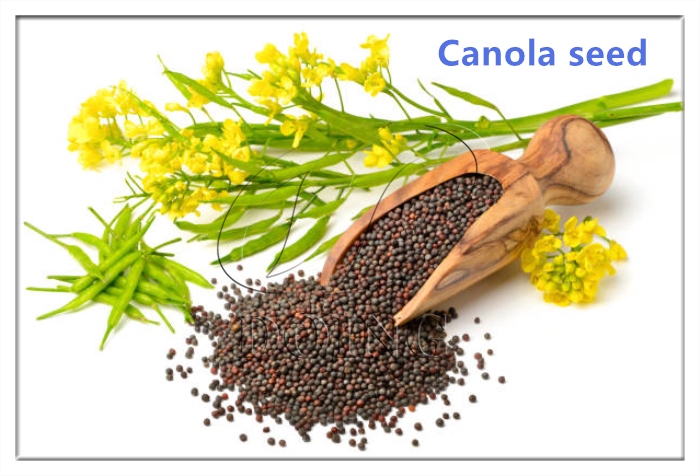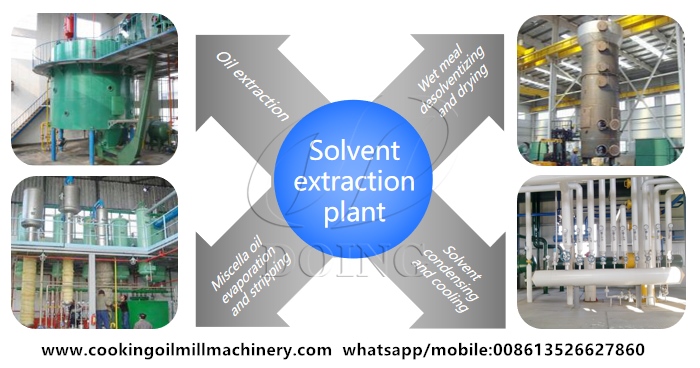

 Home>Blog>What issues should be considered when investing in the construction of rapeseed oil processing plants?
Home>Blog>What issues should be considered when investing in the construction of rapeseed oil processing plants?
What issues should be considered when investing in the construction of rapeseed oil processing plants?
FAQ / Chat on line / Give me a price / Date:December 30, 2024
In practice, in order to ensure the smooth construction and operation of rapeseed oil processing plants, investors need to consider a series of issues. Next, Henan Glory will analyze the key issues of investing in the construction of rapeseed oil processing plants in detail from multiple aspects to help you make a more informed investment decision.
1. Market research and demand analysis
First, investors need to conduct in-depth research on the market demand for rapeseed oil to understand the consumption trends, competition landscape, and potential market capacity of the local and surrounding markets.
Market positioning: It is necessary to clarify the market positioning of rapeseed oil processing plants, whether to focus on high-end edible oils or meet the needs of the mass market. High-end edible oils usually require higher refining processes and higher production standards, while the mass market may focus on price competition.
Competitive analysis: Understand competitors' product quality, pricing strategies, and sales channels to ensure that your processing plant has a unique competitive advantage in the market.
2. Raw material supply and stability
The raw material for the production of rapeseed oil is rapeseed. The quality and supply stability of the raw material directly affect the quality and processing cost of the oil. Therefore, before building a rapeseed oil processing plant, investors must ensure that there is a stable source of rapeseed supply. Specifically consider the following aspects:
Planting area selection: Select areas with stable rapeseed production and good quality as the source of supply.
Supply chain management: Establish long-term cooperative relationships with farmers or planting cooperatives to ensure that the purchase price of rapeseed is reasonable and the supply is stable. In addition, logistics costs and transportation time must also be considered to avoid affecting production plans due to untimely supply of raw materials.
 The picture of rapeseed
The picture of rapeseed
3. Production process and equipment selection
The production process of rapeseed oil mainly includes pressing and leaching. The refining process is the key step to improve the quality of oil products. Investors need to choose appropriate production processes and equipment according to market demand and capital budget.
Choice of production process: The pressing process is suitable for high-quality oils and fats, and is usually used in the production of high-end edible oils. The leaching process is suitable for large-scale production and can effectively improve the extraction rate of oils and fats. Choosing a suitable process requires making decisions based on the needs of the target market and production costs.
Refining equipment and technology: The refining process of rapeseed oil includes degumming, deacidification, decolorization, deodorization and other steps. Investors need to choose advanced equipment to ensure that the quality of the oil products meets market standards and meets consumers' requirements for food safety and health.
4. Production environment and plant construction
The production environment of rapeseed oil processing plants should comply with national and local environmental protection, health and safety requirements. When building a plant, investors need to pay attention to the following aspects:
Environmental protection facilities: Rapeseed oil processing will produce certain waste gas, waste water and waste residue. Investors must strictly follow environmental protection standards for construction and operation, and equip appropriate pollution treatment facilities to ensure that emissions meet environmental protection requirements.
Safety protection: Since oil processing involves risks such as high temperature and flammable substances, fire protection facilities should be installed, safe exits should be set up, and regular safety drills should be conducted during plant construction to ensure employee safety at work.
 Rapeseed oil processing plant
Rapeseed oil processing plant
5. Policies, regulations and qualification certification
The construction and operation of rapeseed oil processing plants must comply with national and local policies and regulations. Investors need to understand the following points:
Policy support: The government often has certain subsidies and support policies for the agricultural industry and food processing industry. Investors should understand the relevant policies and strive for government financial support and tax incentives.
Qualification certification: The production of rapeseed oil needs to pass relevant quality management system certification. In addition, the product must obtain relevant certification of national food safety standards and pass food safety sampling inspections.
Investing in the construction of rapeseed oil processing plant is a complex and challenging process. As a leading enterprise in the oil and fat industry, Henan Glory company has rich industry experience and advanced technical equipment, and is committed to providing investors with professional advice and all-round support. We look forward to working with you to jointly promote the development of the rapeseed oil industry and bring consumers healthier and higher-quality edible oil products.
contact us
Kindly leave your message in below form. Our engineer will contact you ASAP once we got your message.
- QDo you want to buy machine?
- Yes, I want to buy machine.
- No, I want to learn more in advance.
- QWhat oil seeds do you want to process?
- Palm fruit
- Palm kernel/nut
- Peanut/Groundnut
- Soybean/Soya bean
- Sunflower seed
- Cottonseed
- Rapeseed/Canola
- Dried coconut
- Rice bran
- Corn germ
- More than two oilseeds:
- Other:
- QHow many tons palm fruit bunches will you process per day?
- 1-10 tons per day
- 10-30 tons per day
- 30-50 tons per day
- 50-100 tons per day
- QWhat machine do you want?
- Palm oil presser
- Other single machine (thresher, clarification tank, vibrating screen, filter...)
- Palm oil pressing line (from FFB to crude oil)
- Palm oil refining line (to produce refined, bleached, deodorized oil)
- Palm oil bottling / filling line
- QWhat machine do you want?
- Palm oil pressing line (from FFB to crude oil)
- Palm oil refining line (to produce refined, bleached, deodorized oil)
- Palm oil bottling / filling line
- QHow many tons oil seeds will you process per day?
- 1-20 tons per day
- 20-50 tons per day
- 50-100 tons per day
- QWhat machine do you want?
- Oil presser
- Other single machine (cracker, crusher, roaster, filter...)
- Oil pressing line (from seeds to crude oil)
- Oil refining line (to produce refined, bleached, deodorized oil)
- Oil bottling / filling line
- QWhat machine do you want?
- Oil presser
- Oil pressing line (from seeds to crude oil)
- Oil solvent extraction line
- Oil refining line (to produce refined, bleached, deodorized oil)
- Oil bottling / filling line
- QWhat machine do you want?
- Oil pressing line (from seeds to crude oil)
- Oil solvent extraction line
- Oil refining line (to produce refined, bleached, deodorized oil)
- Oil bottling / filling line




